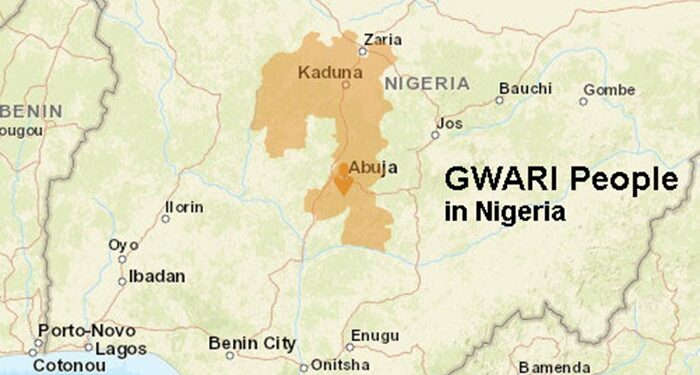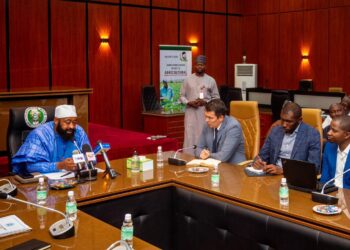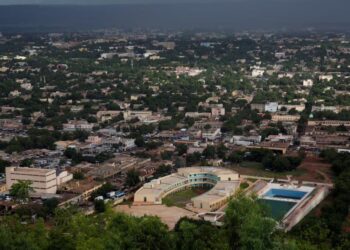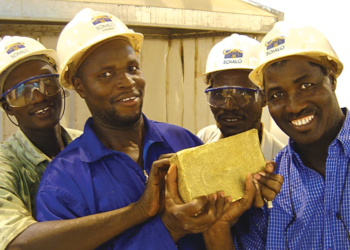The Gbagyi, or Gbari, are an ethnic group found predominantly in Central Nigeria with an estimated population of 12 million. It is also the name of their language. Members of this ethnic group speak two dialects. With a rich cultural heritage and a deep connection to their traditions, the Gbagyi people have a unique way of life that is reflected in their architecture, particularly their tradition of fenceless residential construction.
Also, they live in Niger State, the Federal Capital Territory – Abuja, and Kaduna State. They are also found in Nasarawa State, central Nigeria. Gbagyi/Gbari is one of the most populous ethnic groups in the middle belt and indigenous to the Federal Capital Territory of Nigeria. This means Gbagyi people are among the bona fide owners of the Nigerian capital city, Abuja.
In 1976, the then-military government had the bright idea to find a ‘no-man’s land’ in the geographic centre of the country, which no one group could lay claim to, and an area in which Nigerians could unite. Except for the 8,000 square kilometres of land upon which the capital now stands, which includes the Presidential Villa, the National Assembly, dozens of Federal Government parastatals and institutions, and suburban neighbourhoods and malls, it was somebody’s land, the Gbagyi.
They were hurriedly forced off their land by the military government to make way for the construction of the new capital and promised compensation and resettlement. The government also grossly underestimated the number of Gbagyi people living on the territory as they continued with their plan for the area. Many displaced families were given housing, but some lived in transit and settlement camps for a long while, and compensation plans were bungled. Now, decades later, the ethnic group still feels the government has shortchanged them and deprived them of their lands and heritage.
The Gbagyi people have a rich cultural heritage and a strong sense of identity. They have historically practised a patrilineal kinship system, wherein the extended family compound is led by the oldest male. These compounds consist of small huts and rectangular buildings, symbolising the close-knit nature of their communities.
At the apex of Gbagyi settlements, there is the Osu, who is the king and the highest authority figure. Assisted by a group of kingmakers and elders, the Osu holds significant power and plays a vital role in maintaining order and resolving conflicts within the community.
While farming is the primary occupation of the Gbagyi people, they also engage in hunting and traditional crafts such as pottery and woodwork. They are particularly skilled at mixing clay to create decorative household products like pots. Their expertise in these traditional arts and crafts reflects their cultural heritage and artistic expression. Prominent Gbagyi towns include Minna, Kwakuti, Kwali, Wushapa (Ushafa), Bwaya (Bwari), Karu, Suleija, Abuja, and Paiko.



























































